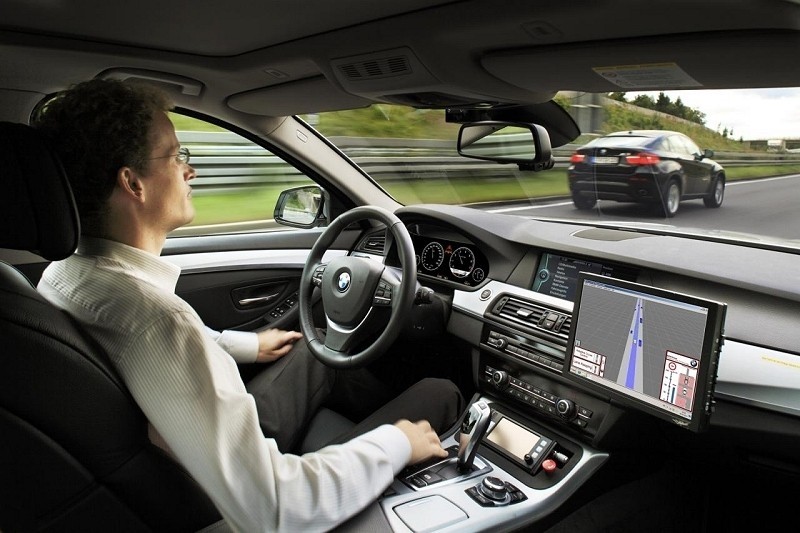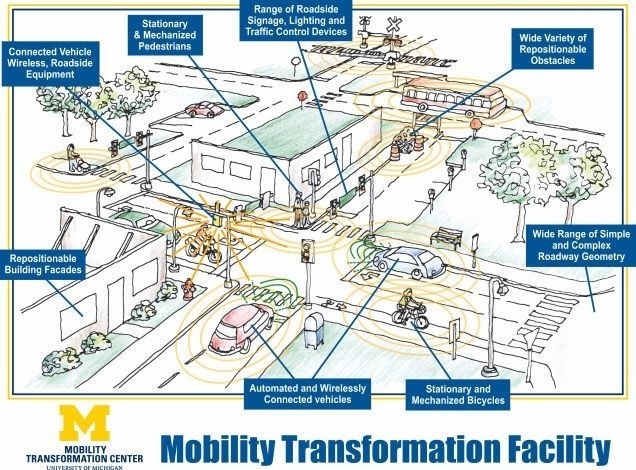
Self-driving cars are coming and when they do, some may need to bring their own barf bag. A recent study from the University of Michigan Transportation Research Institute (UMTRI) found that autonomous vehicle passengers may be prone to motion sickness.
In a traditional car, the nauseated feeling of motion sickness is most often felt by passengers as they’re not able to anticipate the direction of motion like a driver is. In a driverless car, obviously everyone is a passenger and without having to pilot a vehicle, people will undoubtedly find other things to do like play on their smartphones. Such acts are even more likely to cause motion sickness.
Just how widespread could the issue be?

According to the study, six to 10 percent of driverless car passengers are likely to experience moderate to severe motion sickness. Those that do experience it are likely to feel the effects every time they hitch a ride.
Researchers said one way to mitigate motion sickness would be to design vehicles in which passengers could lie completely flat on their backs. Other options include making it easier for riders to see outside the car, avoiding swivel seats and limiting head motion.
Few know more about self-driving technology than UMTRI researchers. If you recall, the team there built a simulated city on a 32 acre lot last summer to test autonomous car technology in conditions that mimic the real world.
https://www.techspot.com/news/60323-motion-sickness-real-concern-driverless-car-passengers.html